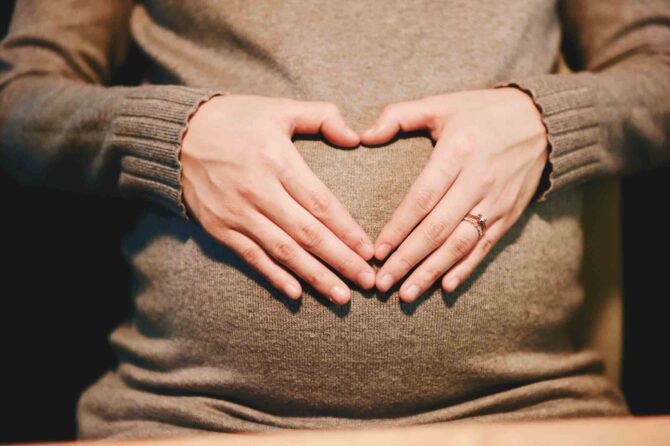
Age and Fertility
Age plays a significant role in female fertility. Here are key aspects to consider:
Ovulatory Changes: As women age, there is a natural decline in the number and quality of eggs. Ovulatory function may become irregular, leading to challenges in conception.
Decline in Egg Quality: The quality of eggs tends to decrease with age. This can result in a higher likelihood of chromosomal abnormalities, making conception more difficult and increasing the risk of miscarriage.
Diminished Ovarian Reserve: Ovarian reserve, which represents the quantity of viable eggs, decreases over time. This decline is more pronounced in the late 30s and accelerates in the early 40s.
Increased Time to Conception: Older women may experience a longer time to conceive compared to their younger counterparts. The chances of getting pregnant per menstrual cycle decline with age.
Higher Risk of Pregnancy Complications: Advanced maternal age is associated with an increased risk of pregnancy complications, such as gestational diabetes, hypertension, and cesarean section.
Fertility Preservation: Women may choose fertility preservation methods, such as egg freezing, if they wish to delay childbearing due to personal or medical reasons. This allows them to use their younger, frozen eggs later in life.
Male Fertility Impact: While age-related fertility decline is more pronounced in women, advanced paternal age can also affect male fertility and increase the risk of certain genetic conditions in offspring.
Assisted Reproductive Technologies (ART): ART procedures, like in vitro fertilization (IVF), can offer options for women of advanced age to conceive, but success rates may be lower compared to younger age groups.
Reproductive Aging Awareness: It is important for individuals to be aware of the impact of age on fertility and family planning. Education about reproductive aging can empower individuals to make informed decisions.
Understanding the relationship between age and fertility is crucial for family planning. Women who plan to have children in the future should be aware of the age-related decline in fertility and the potential impact on conception and pregnancy outcomes. Seeking advice from healthcare professionals and fertility specialists can provide personalized guidance based on individual circumstances.

J’ai 43 ans , mariée il a 16 ans sans enfants,2 fois subies des opérations de grossesse extra ,deux faux couches,,une opération de myomectomie
ReplyQuels sont mes chances de concevoir
Je vous écris du Sénégal
Am 42 years old and married to 18-year-old girl. we have not beared a child. when i married her my first wife was five months pregnant. what should have been the likely cause of not bearing child with her?
ReplyHow much money
ReplyThis blog covers a wide range of healthcare topics, including clinical practice, health technology, and policy, with contributions from various healthcare experts.
Reply